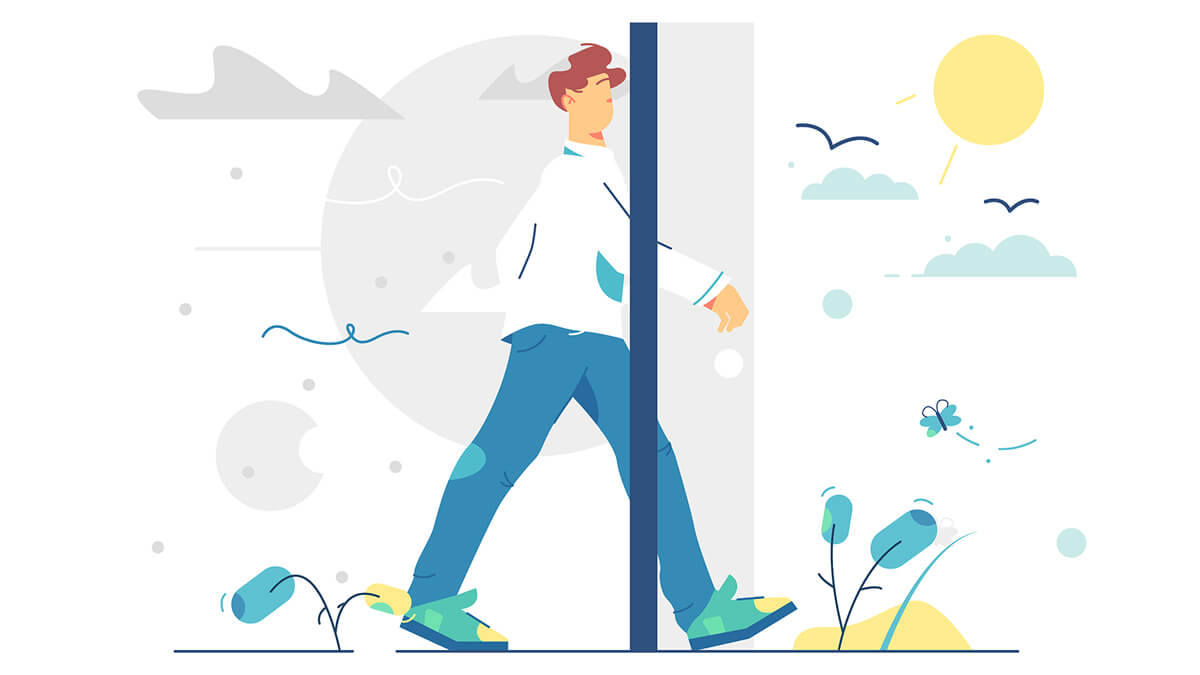When Antonio Vivaldi wrote his classic concerti, “The Four Seasons,” back in the early 1700s, he broke new ground musically to represent the unique aspects of winter, spring, summer and fall. Each movement captured the arrival and the “feelings” we experience as we move through the annual cycle.
Of course, Vivaldi had never heard of central heating or air conditioning – or psychology, for that matter.
I mention this because I have central heating and air conditioning and a smattering of knowledge about psychology. I know that a few years back, the experts took a look at how some folks become troubled when the leaves have fallen, there’s a chill to the air and winter is just around the corner. Then, they added a new diagnosis to their lexicon: “seasonal affective disorder,” or SAD.
Well, I for one had no quarrel with the psychologists coming up with that particular acronym. Except for people who run ski resorts – and many of the men and women who visit them – who doesn’t get the blues and feel sad when autumn’s glow fades to wintry gray?
On the other hand, I was gobsmacked when I recently read that my colleagues in the mind-studying community have expanded the diagnosis of SAD to include the transition from spring to summer.
Is it just me, or don’t most people enjoy the rebirth of nature in the spring and look forward to the pleasures of summer? Could spring cleaning have worn them out? Are lazy days at the beach, cookouts in the backyard and concerts under the stars too horrible to contemplate?
Well, not for most of us. Psychology tells us that much of SAD can be attributed to changes in the amount of natural light we receive, which is something of the bad news, particularly because we’ve all been spending too much time indoors due to COVID-19.
The good news is that these experts estimate that only 5% of us experience SAD in autumn and, according to the National Institutes of Health, only about 10% may feel it in the spring.
How can you tell if you have this “reverse” SAD? You’re either logy and depressed or excited, full of energy and ready to rock and roll! So, no matter how you feel, you could have it. Hmmm.
I don’t mean to disparage anyone who’s been diagnosed with either SAD, and those of us with bipolar disorder are especially susceptible. The best course of action in this case probably would be to seek professional help.
But for most of us, spring is always welcome, as warm winds begin to blow, the crocuses pop their heads above the soil and the Bermuda shorts come out of the closet.
We may have to hit the gym to work off those winter pounds before we’re ready to show off our beach bods, but we’re ready!
And we’ll drag the charcoal grill out of the garage and give it a good, thorough cleaning.
We’ll look forward to summer with anticipation – not dread. And we certainly won’t be depressed.
In fact, we just may be experiencing a condition I’ve know about for a long time. It doesn’t stand for anything except itself.
I call it GLAD!
By Dr. Duke
